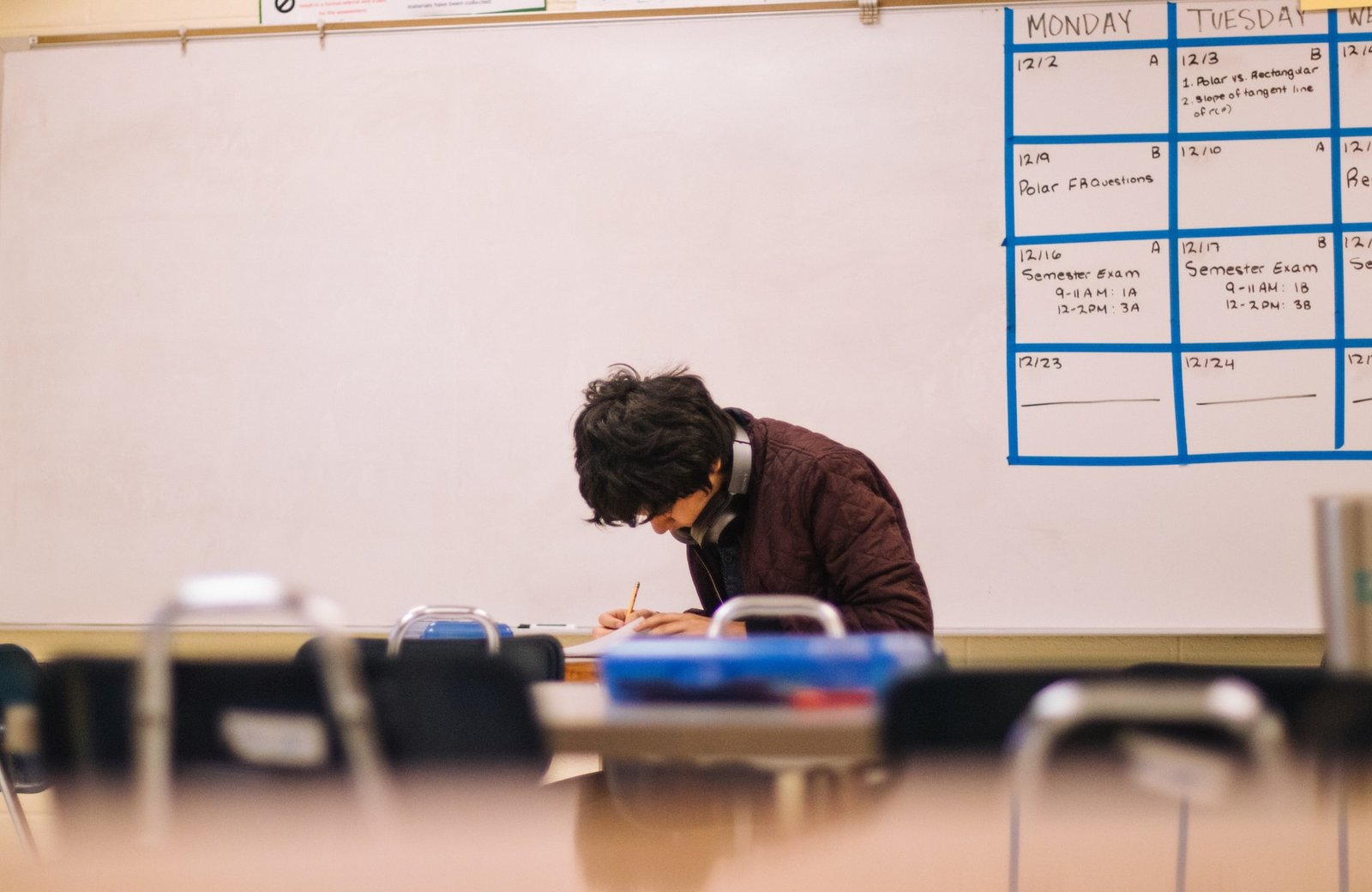How to Help Your Child Cope with School Anxiety
Going to school involves learning, making friends, handling challenges, and reaching goals. But with all the schoolwork and navigating friendships, it’s understandable that some kids might feel school-related anxiety. Being aware of this anxiety is the first step in helping them through it.
Understanding School Anxiety
School anxiety isn’t just about feeling nervous before a test or presentation. It’s about how kids emotionally and mentally handle the various pressures they face every day. This can come from issues with friends like bullying or feeling left out, challenges with their studies, or even things teachers might say or do without realizing it could affect a child’s self-belief.
Research shows that sometimes teachers might unintentionally cause a student to feel anxious. For instance, a student who’s tried their best might still get a low grade. Or a teacher might accidentally embarrass a student in front of the class. And then there’s the stress of regular tests in schools nowadays.
So, what can parents do to help their kids handle these situations?
Planning Helpful Ways to Talk
Encouraging Honest Chats
Good communication helps us truly understand each other. Starting conversations that let kids speak their minds can make a big difference.
- Ask Simple Questions: Instead of asking questions that might lead them to a certain answer, try neutral ones like “How was your day?” or “How do you feel about the next school event?” This way, they can share their feelings openly.
Truly Hearing Your Child
Kids want to feel that their words matter.
- Really Listening: This means being fully present when they talk. Put away any distractions, focus on what they’re saying, and show them you truly care. By doing this, you make them feel important and build a stronger connection with them.
Connecting with Teachers
Teachers are key figures in a child’s school life. Keeping them in the loop helps create a better place for your child to learn.
- Tell Them About Your Child: Let them know about your child’s interests, what they’re good at, and where they might need extra help. This allows teachers to understand your child better and adjust their teaching to fit your child’s needs.
Encouraging a Balanced Life
Kids, just like grown-ups, need time to relax. Keeping them too busy isn’t always a good thing.
- Taking Care of the Basics: It’s vital to make sure kids get enough sleep, eat healthily, and move around. Spending time outside can give them a fun break from classroom lessons. Also, don’t forget about drinking water – it’s essential for their brain and overall health.
Finding Ways to Relax
Every kid has a special thing that helps them unwind. This could be anything that makes them feel calm and refreshed.
- Helping Them Find Their Calm: Some kids might love playing music, while others enjoy sports or curling up with a good book. It’s important to understand and support these choices, making sure they have enough time to enjoy them.
Listening to Their Feelings
We shouldn’t brush off or downplay what kids feel, as it can damage their confidence.
- Genuine Chats: Take a moment to really hear what’s troubling them. It’s not always about fixing things right away, but about letting them know you believe and understand their feelings.
Supporting Kids in Sharing Feelings
It’s natural for everyone to have emotions. We shouldn’t keep them inside, but talk about them.
- Being Open: Let kids know that it’s okay to be upset or unsure sometimes. When we handle these feelings in a positive way, we learn and grow. By showing them that you’re open to discussing your own emotions, you’re giving them a comfortable place to share theirs.
Helping Kids Stay Strong Through School Anxiety
A great way parents can support their kids is by teaching them resilience when dealing with school anxiety. It’s not about ignoring those anxious moments, but rather facing them and learning from each challenge.
Creating a Daily Plan:
- Sticking to a Schedule: Kids feel more at ease when they know what’s happening next. A regular routine can help them feel more settled, especially if other parts of their day are a bit all over the place.
- Planning Ahead: Show them how to organize their day, pick what’s most important to do first, and set achievable goals. This can help cut down on stress from last-minute homework and teach them good habits for later in life.
Help Them Make Friends:
- Building Bonds: Let kids know the importance of having friends. It gives them someone to talk to and share fun moments with. Encourage them to join activities where they can meet new people and strengthen friendships.
- Teamwork: Being a part of team games, school projects, or after-school clubs lets them work with different people. This helps them learn how to get along with others and find friends who share their interests.
Talk to Them About Anxiety:
- Simple Chats: Talk with kids about what anxiety feels like so they know it’s normal. When they know what’s going on, they can tell you how they feel.
- Helpful Tools: Give them easy-to-read books or watch short videos together that explain anxiety in a way they can understand.
To Conclude
School is a big part of a kid’s life, filled with ups and downs. Though it’s tough at times, with the right help and support, those tough times can turn into chances to learn and grow. As parents, your job isn’t just to protect them but to give them what they need to handle challenges on their own. It’s all about making the whole experience as rewarding as the big moments.








